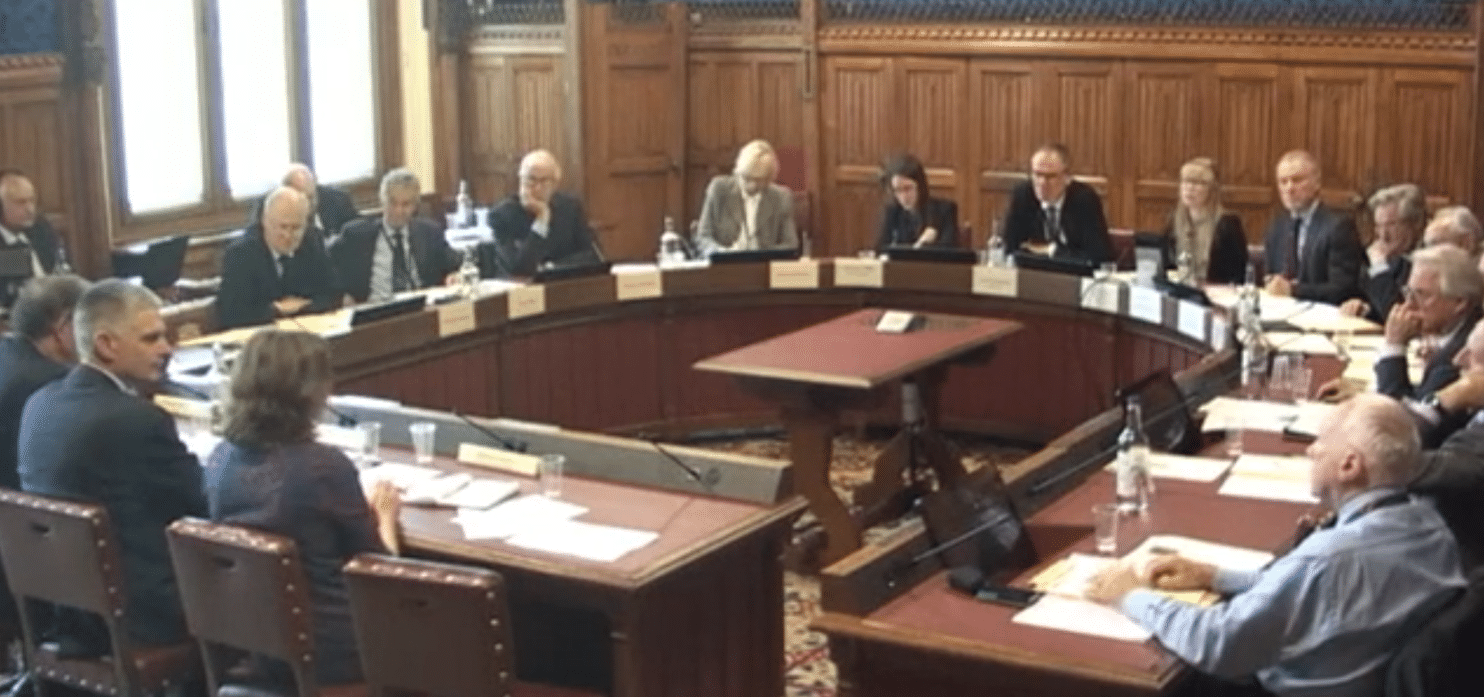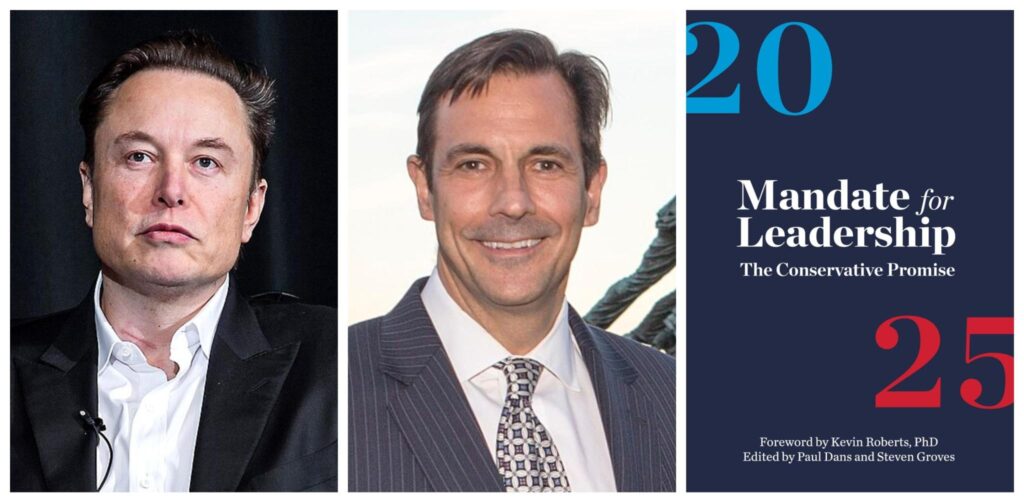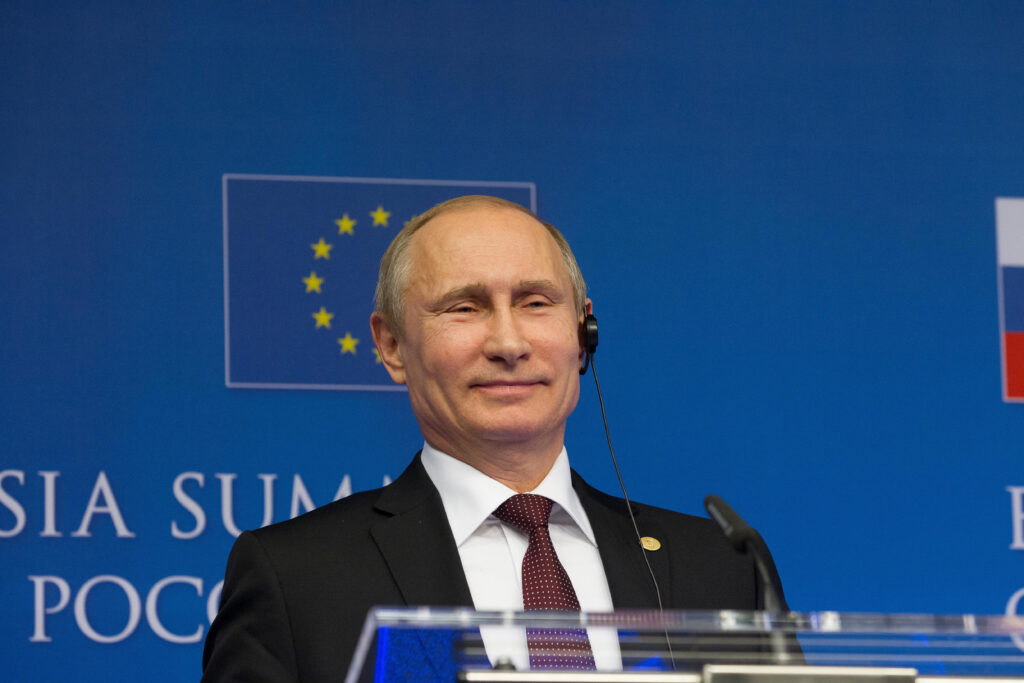Experts today urged lawmakers to take care filling a void in the UK’s environmental laws that could occur if the government pursues a ‘hard Brexit’.
The comments were made at an oral evidence session of the House of Lords’ EU Energy and Environment sub-committee. The committee has begun an inquiry entitled ‘Brexit: environment and climate change’ to inform a report due in early 2017.
Professor Maria Lee from University College London told Lords that if the UK pursues a full departure from the EU, “there will be an enormous gap which EU primary legislation currently fills.”
She pointed to the EU commission’s role in ensuring member states comply with European regulations.
“Do we replace that with a parliamentary body, to supervise government and agency compliance with the law?”, she asked.
The experts also warned Lords to be vigilant against those seeking to use Brexit as an excuse to water down the UK’s environmental commitments.
Professor Richard Macrory from University College London said that “It would be very tempting for someone in government to slip in ‘as far as practical, or within cost’. It will be up to NGO and parliamentarians to keep watch for this”.
Professor Andrew Jordan from the University of East Anglia added that the environment could suffer if it doesn’t become part of the Brexit debate. He noted that the Department for Environment, Food & Rural Affairs (DEFRA) minister was not part of recent ministerial Brexit meetings.
Pointing to fracking, he said some companies are “seeing an opportunity to push exploitation of shale gas, which might not have to go through as stringent environmental procedures” as prior to Brexit.
But the UK’s decision to leave the EU may not be totally bad news for the country’s environmental regulation.
Asked about opportunities, Jordan explained how “environmental groups see a great opportunity in CAP (Common Agricultural Policy) reform”. For instance, the National Trust had called in August for replacing subsidies with environmental service payments.
Negative emissions technologies such as biomass with carbon capture and storage could also be encouraged, he added.
Earlier this month, the Green Party outlined how the government could use Brexit as an opportunity “to argue for the sustainable, much more localised food systems, and much more environmentally sustainable farming systems”.
While that is all to come, in the immediate, Macrory called for “a period of stability” to avoid unnecessary disruption in the wake of Brexit.
“What’s required is a very detailed mapping exercise and seeing how it comes from EU law”, he said.
“I’m sure the DEFRA lawyers are doing that”.
Main image: House of Lords committee hearing. Credit: Screengrab from parliamentlive.tv
Subscribe to our newsletter
Stay up to date with DeSmog news and alerts







